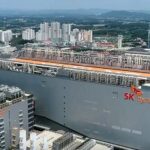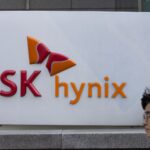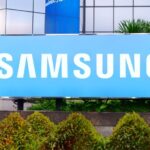Samsung, a leading tech giant, has officially revealed its plans to introduce the next generation of HBM4 memory, dubbed Snowbolt. This move comes as the company aims to dominate the market with cutting-edge AI memory technologies, amidst stiff competition from rivals SK Hynix and Micron.
Snowbolt Announcement
During a speech at Memcon 2024, SangJoon Hwang, EVP and Head of DRAM Product and Technology Team at Samsung, announced the company’s intention to triple its HBM chip production this year. Samsung is set to produce the 12-layer fifth-generation HBM and 32 gigabit-based 128 GB DDR5 products on a large scale in the first half of the year. This move is aimed at solidifying Samsung’s position in the high-performance, high-capacity memory segment in the era of AI.
Samsung also unveiled plans for a 2.9-fold increase in HBM chip production volume this year, surpassing the previous 2.5-fold projection announced at CES 2024. The company shared a roadmap outlining its future HBM production targets, forecasting a 13.8-fold surge in HBM shipments by 2026 compared to 2023.
At Memcon 2024, Samsung showcased its HBM3E 12H chip, the industry’s first 12-stack HBM3E DRAM. This chip is currently being sampled with customers and is set to enter mass production soon, following Micron’s 24GB 8H HBM3E. Samsung also hinted at its plans for HBM4 and the development of its sixth-generation HBM chip, codenamed “Snowbolt.” The company aims to enhance efficiency by incorporating a buffer die control device at the bottom layer of stacked memory, although no specific timeline was provided for the release of this next-generation chip.
Despite being the world’s largest memory chip manufacturer, Samsung has faced challenges in the HBM chip segment compared to its rival SK Hynix. The growing demand for high-speed processing in the field of AI has prompted Samsung to heavily invest in expanding its HBM chip production capacity.
SK Hynix, Samsung’s competitor, is also stepping up its game by announcing plans to construct the largest chip production facility at Yongin Semiconductor Cluster in Gyeonggi Province, South Korea. This move indicates intensifying competition in the memory chip industry, especially in the realm of AI memory solutions.
Sign up to the TechRadar Pro newsletter to get all the top news, opinion, features, and guidance your business needs to succeed!











